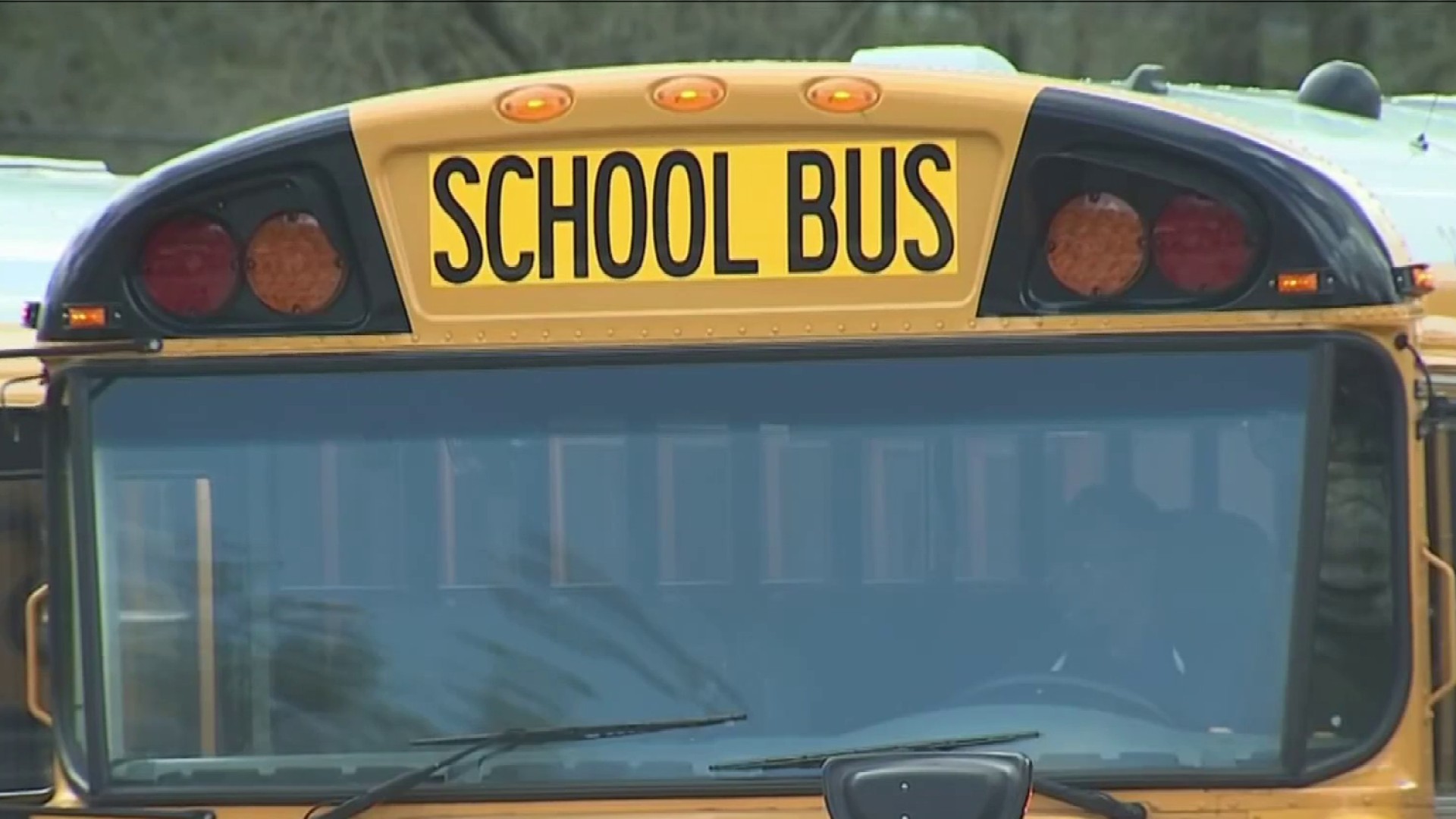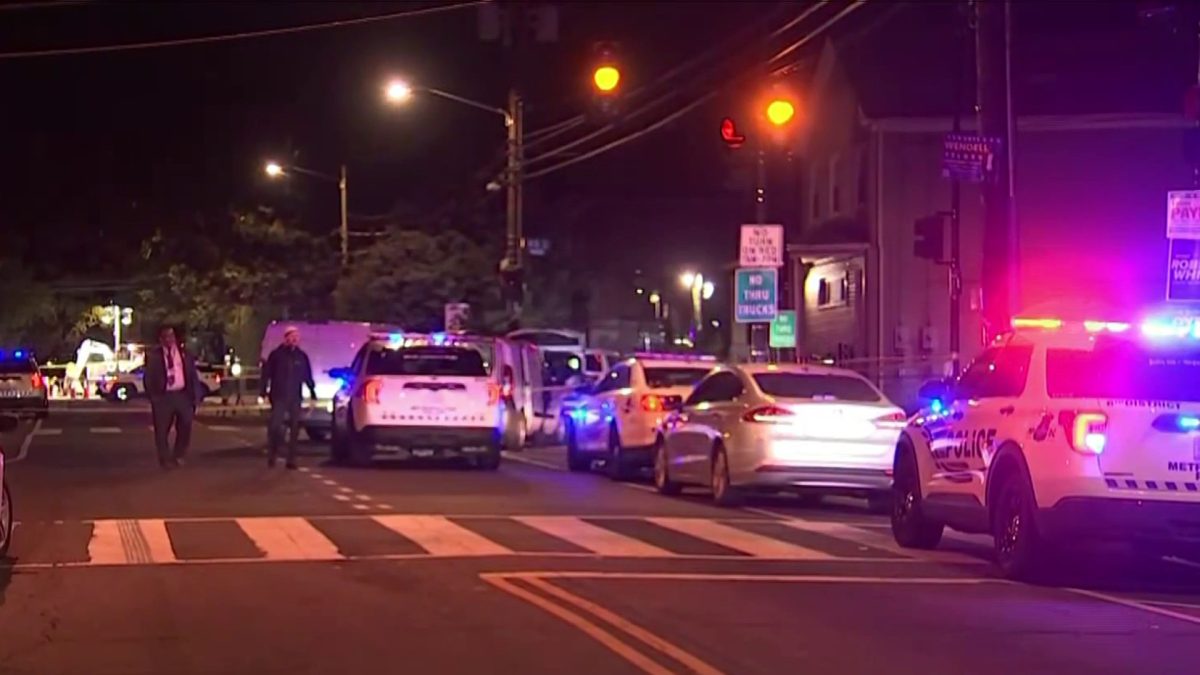Some senior citizens with disabilities in Prince George’s County, Maryland, say the MetroAccess system they rely on to get around is unreliable and putting their health at risk, and Metro acknowledged it has missed on-time performance goals.
Sophie Abraham of Hyattsville, Maryland, uses a wheelchair, and relies on MetroAccess as her only means of transportation.
“No one really wants to be confined to a wheelchair,” she said. “Everybody wants to be independent.”
She uses Metro Access three times each week but said there is a problem.
“They’re not really reliable,” she said.
The service is often late, she said, including one hot summer day when she waited almost two hours outside her doctor’s office.
“But that was the day it was 105 degrees out,” she said.
Local
Washington, D.C., Maryland and Virginia local news, events and information
“I’m asthmatic; I have a pacemaker, defibrillator,” she said.
Someone from the doctor’s office ended up driving her home.
“After I was already home and then they called and said my ride was there,” Abraham said.
Other senior citizens told NBC4 Responds about similar long waits and unnecessary long rides on Metro Access.
“Consistent problems over the years,” Samuel Dunston said.
“They don’t pick you up on time,” Ransome Stanley said.
Both said they’ve missed doctor appointments, and Dunston said he was stuck on the bus for hours.
“The worst scenario was I was transported from NRH to Deanwood NE to Hyattsville, Maryland, on the other side of Hyattsville, like, Landover, then back here, where I was riding for two hours when I’m only 20 minutes away from NRH,” he said.
“I think that they could be a little more efficient with their scheduling,” he added.
Abraham, Dunston and Stanley each said they've filed multiple complaints with Metro, which said the first quarter of this year it recorded 87 percent on-time performance, which is short of the 92 percent target.
The transit agency said Metro Access had challenges earlier this year due to staffing shortages, but it's improving.
Metro couldn’t comment on the cases of Dunston and Stanley because they didn't keep details of their complaints, but it took responsibility for Abraham, saying, “The trip was originally assigned to a MetroAccess taxi provider. However, due to a technical issue at the taxi company, the request was not received, resulting in a delay. The trip was rebooked using a MetroAccess vehicle that ultimately arrived at 6:57 p.m., just under two hours late.”
Metro gave Abraham credit for two trips.
“I hope they improve the service for us,” she said.
Metro said it is working on it and recently launched what's called an abilities ride program similar to the way Uber operates to help meet ridership demand.
Metro’s statement:
"MetroAccess provides nearly 8,000 trips a day. As we have previously stated publicly, there had been some challenges earlier this year due to driver staffing shortages at a time of high ridership levels (the highest since 2011). We acknowledge that a combination of these factors impacted the customer experience and, as previously reported, Metro has taken a number of steps with our service providers to improve.
"We have also launched the Abilities‐Ride Program and issued a Request for Proposal (RFP) for paratransit services seeking contractors with demonstrated effectiveness in managing and providing ADA‐compliant, complementary paratransit service. In the first quarter of this year (January - March), 87% of MetroAccess trips arrived on-time. We are seeing improvements with on-time performance up to nearly 90% in July."
Reported by Susan Hogan, produced by Patti Petitte and edited by Perkins Broussard.



